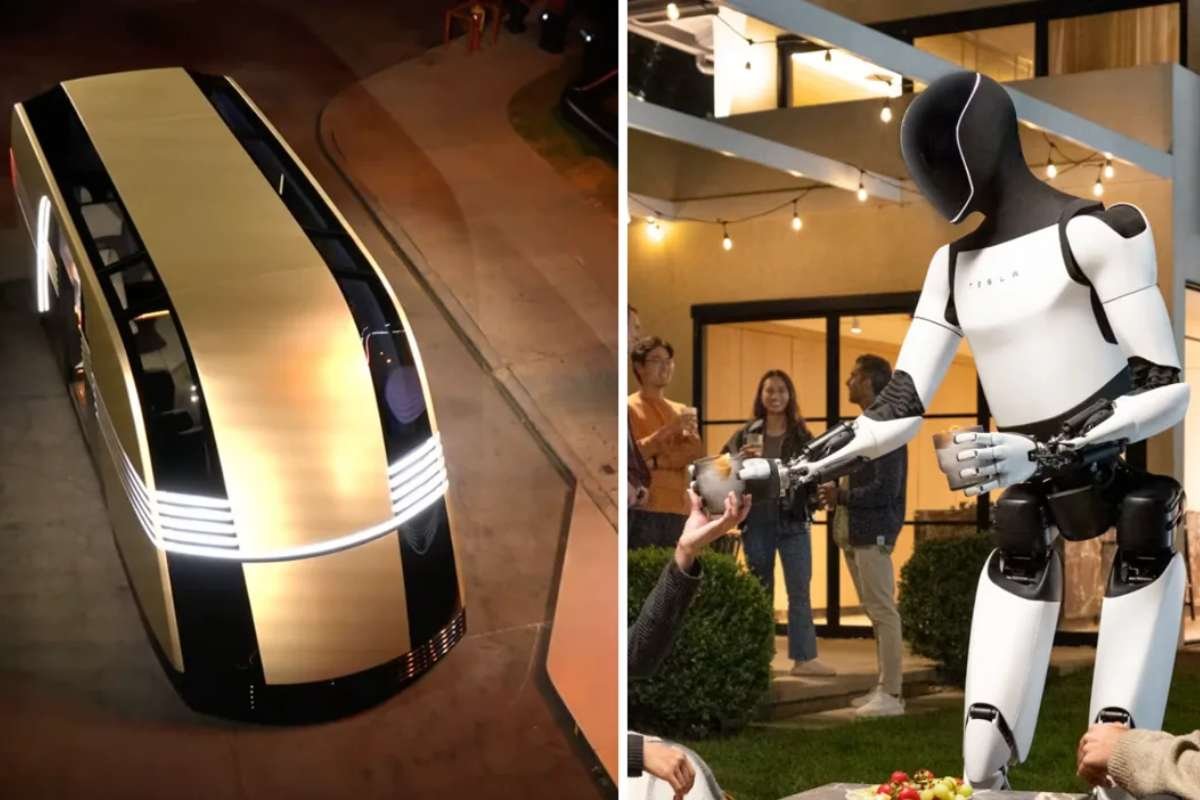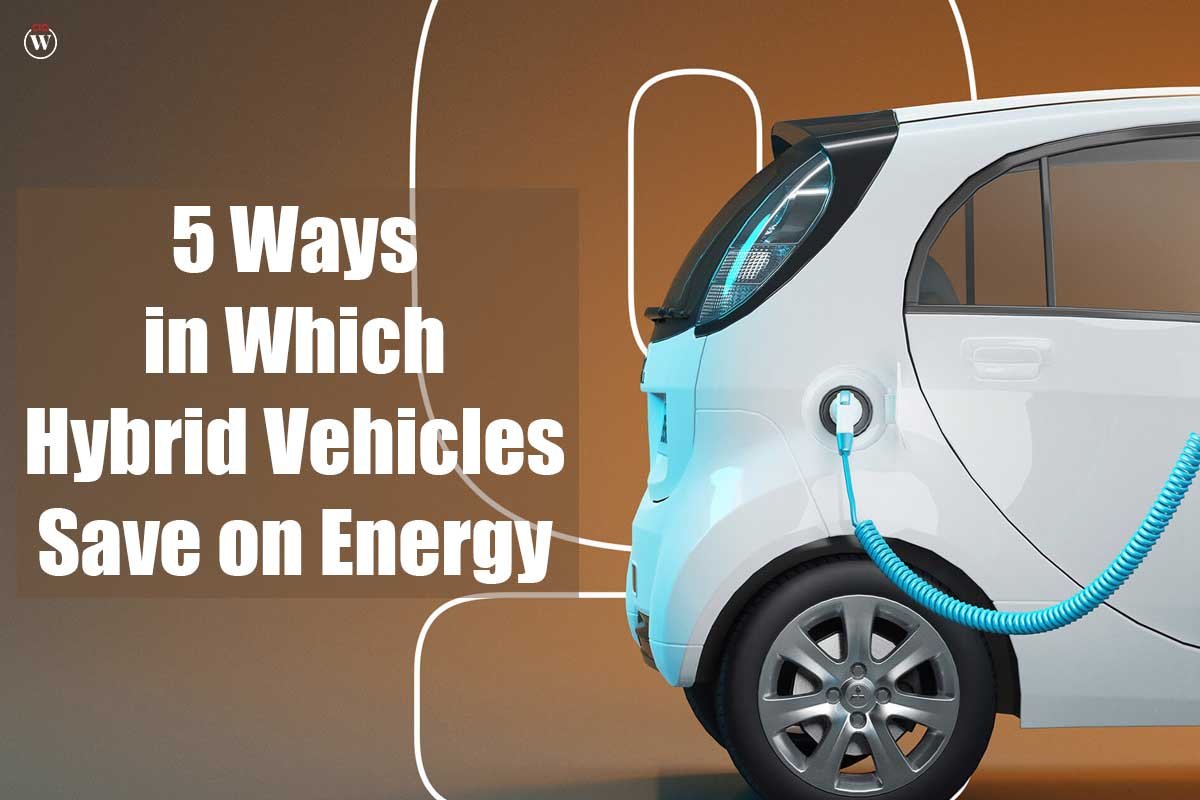Optimus Takes Center Stage at Tesla Event
At Tesla’s highly anticipated “We, Robot” event, it wasn’t the new robotaxi or Robovan that captured the spotlight, but rather Elon Musk’s humanoid robot, Optimus. The robots wowed attendees at the Warner Bros. studio in Hollywood by effortlessly navigating the crowd untethered. These advancements marked a significant improvement compared to two years ago when the robot couldn’t even step onto the stage on its own. At the event, the latest Optimus models were seen interacting with guests, playing rock-paper-scissors, and even pouring drinks, much to the crowd’s amazement. Musk confidently predicted that Optimus would become “the biggest product ever—of any kind,” showcasing it in real-time rather than through pre-recorded videos. “The Optimus robotaxi will walk among you, please be nice,” Musk quipped.
Behind the Scenes: Not Yet True AI
While the live demonstration left many in awe, a closer look revealed that the robots were not functioning autonomously. Despite the futuristic display, the Optimus robots were, in fact, being controlled by human operators using specialized suits. This revelation brought back memories of previous controversies surrounding the robot. Earlier this year, Musk had released a video of Optimus folding a shirt, only for viewers to spot a human operator’s hand in the frame. At the “We, Robot” event, one Optimus operator candidly admitted, “Today I’m assisted by a human, I’m not yet fully autonomous,” when questioned by a guest. Some attendees were surprised, having expected the robots to demonstrate true artificial intelligence. Critics, such as Josh Wolfe of Lux Capital, pointed out the lack of transparency, calling the demo a “parlor trick.” Although Tesla has been training its robots through human-assisted feedback, Musk did not acknowledge during the event that the robots were essentially puppets controlled remotely.
Mixed Reactions and Musk’s Vision
While some critics were disillusioned by the lack of true AI, others saw Optimus as a major technological achievement despite its current limitations. Tesla influencer Omar Qazi acknowledged that humans were controlling the robots but maintained that their mechanics were still impressive. He challenged skeptics to build a similar robotaxi and have it navigate through a crowd as smoothly as Optimus. On the other hand, Tesla content creator Jeremy Judkins expressed disappointment with the lack of transparency, saying Tesla should have been more upfront about the robots being controlled by humans. Despite the controversy, Musk remains optimistic about Optimus’ future. He envisions the robot becoming Tesla’s most significant product, predicting it could sell for $20,000 and eventually bring in $1 trillion in annual earnings, with a potential company valuation of $25 trillion. However, for now, the road to full autonomy remains a work in progress.









